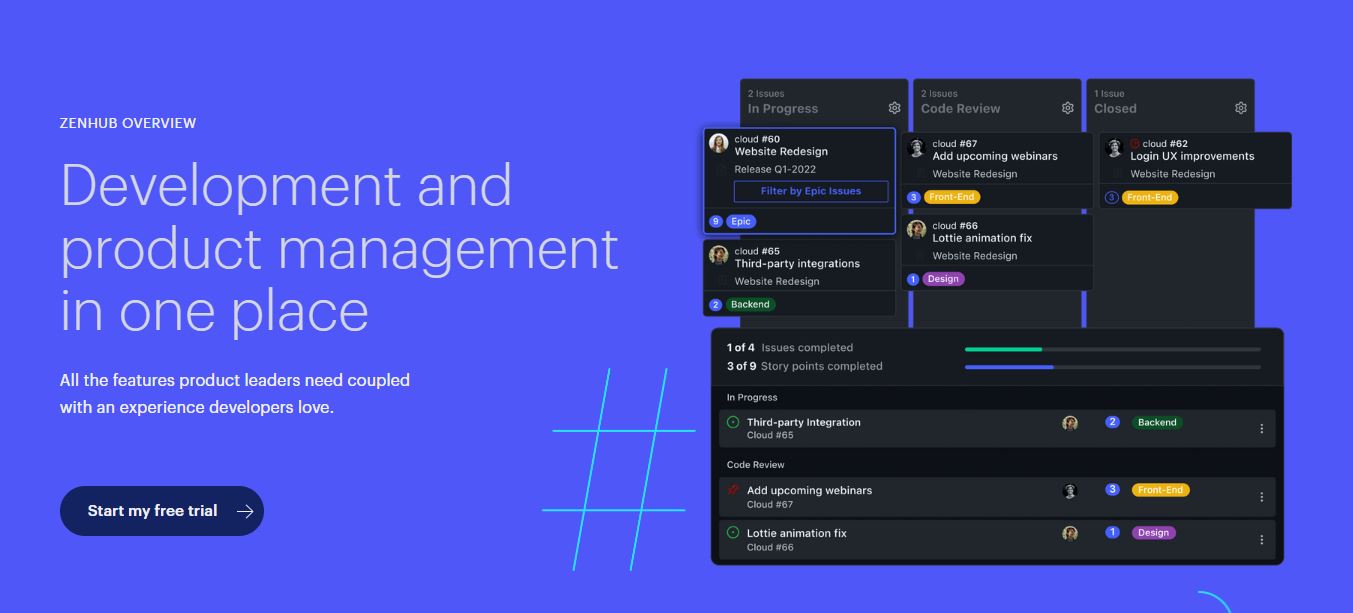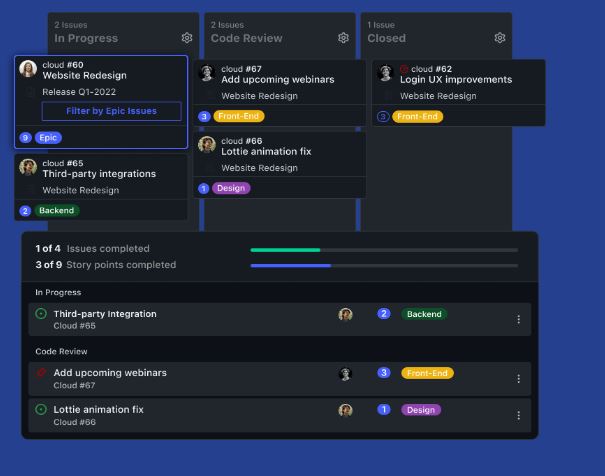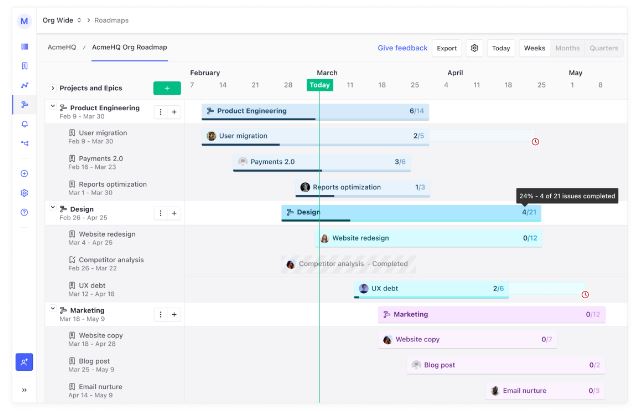Project Management tool Zenhub raises $10 million in Series A Funding
Zenhub, a project management solution for software teams based in Vancouver, BC, Canada, recently raised $10 million in Series A funding led by Yaletown Partners, with participation from BMO Capital Partners and existing investors BDC Capital. In 2014, the company was founded as a project management service for developers. Users of ZenHub have always been required to have a GitHub account despite its expansion and features. As of March 9th, 2023, users will no longer be required to have a GitHub account to use ZenHub Issues, the company’s new issue management tool that allows non-technical users to create issues and track projects.

Image Credits: Zenhub
Several challenges for organizations will be addressed as a result of this development, including enhanced security and cost savings. Organizations no longer need to provide non-technical team members with access to GitHub, which limits how many team members can read or write code. To collaborate with their development teams, they no longer need to purchase GitHub licenses for non-technical team members. Due to ZenHub Issues, customers, clients, and contractors do not need to access the underlying GitHub repositories, eliminating the need to maintain multiple project and product management solutions.

Image Credits: Zenhub
Aaron Upright, ZenHub’s co-founder, told TechCrunch that the company’s users don’t want GitHub access to be a limiting factor for who can collaborate with development teams. Development teams use ZenHub, while non-technical teams use Asana, Trello, Monday.com, or similar services. However, this makes it harder for them to collaborate with the technical teams. With ZenHub Issues, the company aims to allow everyone to collaborate on ZenHub, allowing non-technical users to create tasks and issues and manage and track work with developers in the same interface.

Image Credits: Zenhub
Moreover, the move away from GitHub as a platform allows ZenHub to support other platforms in the future. GitLab is likely the first of these, according to Upright. The company can expand its project management platform beyond technical teams that use GitHub with new hires.
Due to the current macroeconomic environment, many businesses operate lean, cut expenditures, and increase output without adding staff. In this context, enhanced security, cost savings, and improved collaboration are more important than ever before. The growth of Zenhub as a platform that provides real value to its customers has accelerated due to these circumstances, enabling its solution to be utilized beyond development teams who use GitHub.
Zenhub’s ability to address the challenges organizations face in managing software projects and improve collaboration between technical and non-technical teams has significant implications for the software development industry. The new issue management experience offered by Zenhub Issues makes it easier for organizations to manage their projects while providing enhanced security and cost savings. By moving away from a dependence on GitHub, Zenhub is positioning itself to become a more versatile platform that can support other platforms in the future, enabling it to provide value to a broader range of customers.